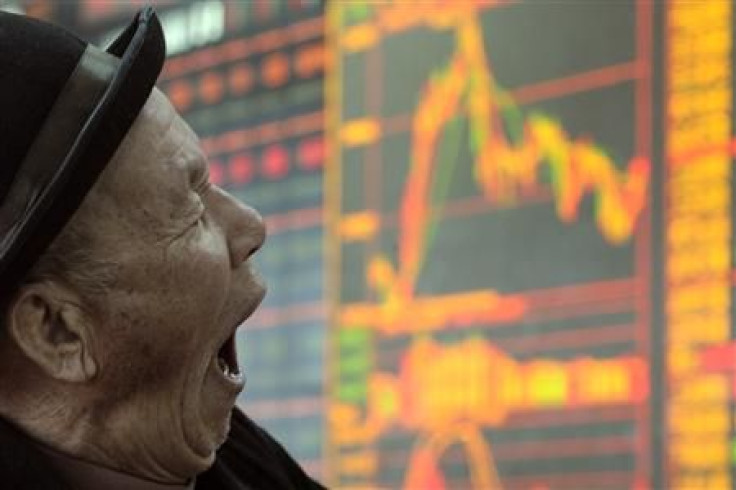Asian Markets Fall Ahead Of US Presidential Elections

Most of the Asian markets fell Tuesday as investors remained cautious ahead of the U.S. Presidential elections.
Japan's Nikkei Stock Average was down 0.37 percent or 33.31 points to 8974.13. Among the major losers were NTN Corp (9.27 percent), Advantest Corp (3.81 percent) and Tosoh Corp (3.01 percent).
The Chinese Shanghai Composite fell 1.50 percent or 31.63 points to 2082.40. Hong Kong's Hang Seng declined 0.53 percent or 115.73 points to 21890.67. Among the major losers were Sands China Ltd (1.74 percent) and COSCO Pacific Ltd (1.58 percent).
South Korea’s KOSPI Composite Index was up 0.65 percent or 12.37 points to 1920.59. Shares of Samsung Electronics Co Ltd rose 0.22 percent and those of Hyundai Motor Co gained 3.76 percent.
India's BSE Sensex marginally rose 0.13 percent or 24.22 points to 18769.87. Among the major gainers were GAIL India Ltd (1.70 percent), Infosys Ltd (1.02 percent) and NTPC Ltd (0.90 percent).
Market participants are focusing on the U.S. Presidential elections and various permutations of the outcome and its impact on the markets. Investors worry that there can be prolonged period of uncertainty if the results do not produce a clear cut outcome.
The focus is on India where the currency came under pressure Monday on media reports that the government might borrow an extra 250 billion rupees ($4.6 billion) in the second half of the fiscal year 2013 by selling the government securities or treasury bills. Meanwhile, India’s Finance Minister P Chidambaram said Monday that this year’s growth in India would be only in the 5.5 to 6.0 percent range.
Elsewhere, in the Philippines, the rate of inflation continued to decrease in October from the previous month, indicating that the country’s inflationary pressures are well-contained, providing room for further monetary easing policy measures required to boost economic growth. The rate of inflation fell to 3.1 percent in October compared to the same month last year, down from 3.6 percent in September, according to the data released Tuesday by the National Statistics Office.
Greek and Spanish concerns are placing a growing weight on the markets. While Spain has not yet officially requested a bailout that will activate European Central Bank's Outright Monetary Transactions Greece will vote on the austerity measures Wednesday.
© Copyright IBTimes 2024. All rights reserved.











